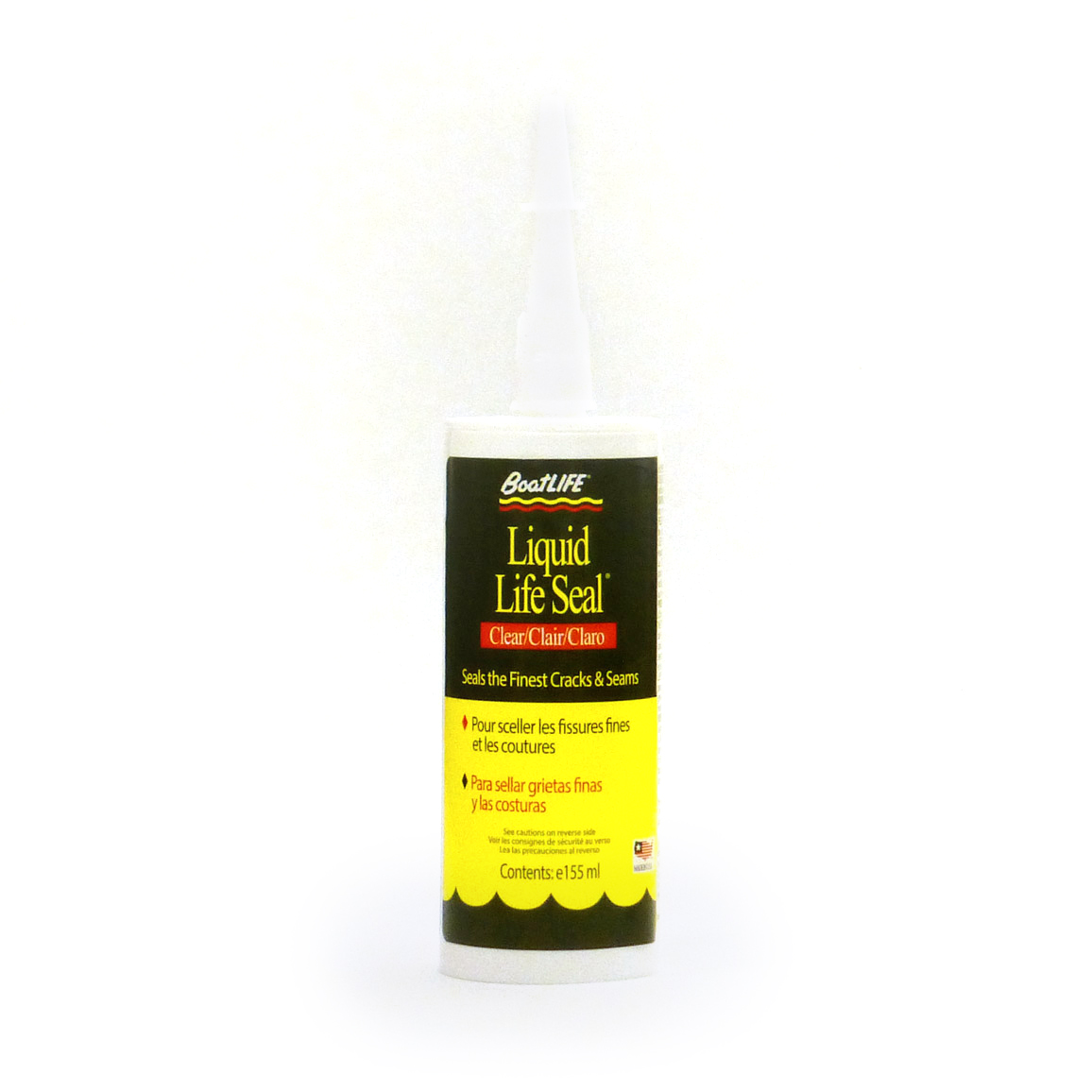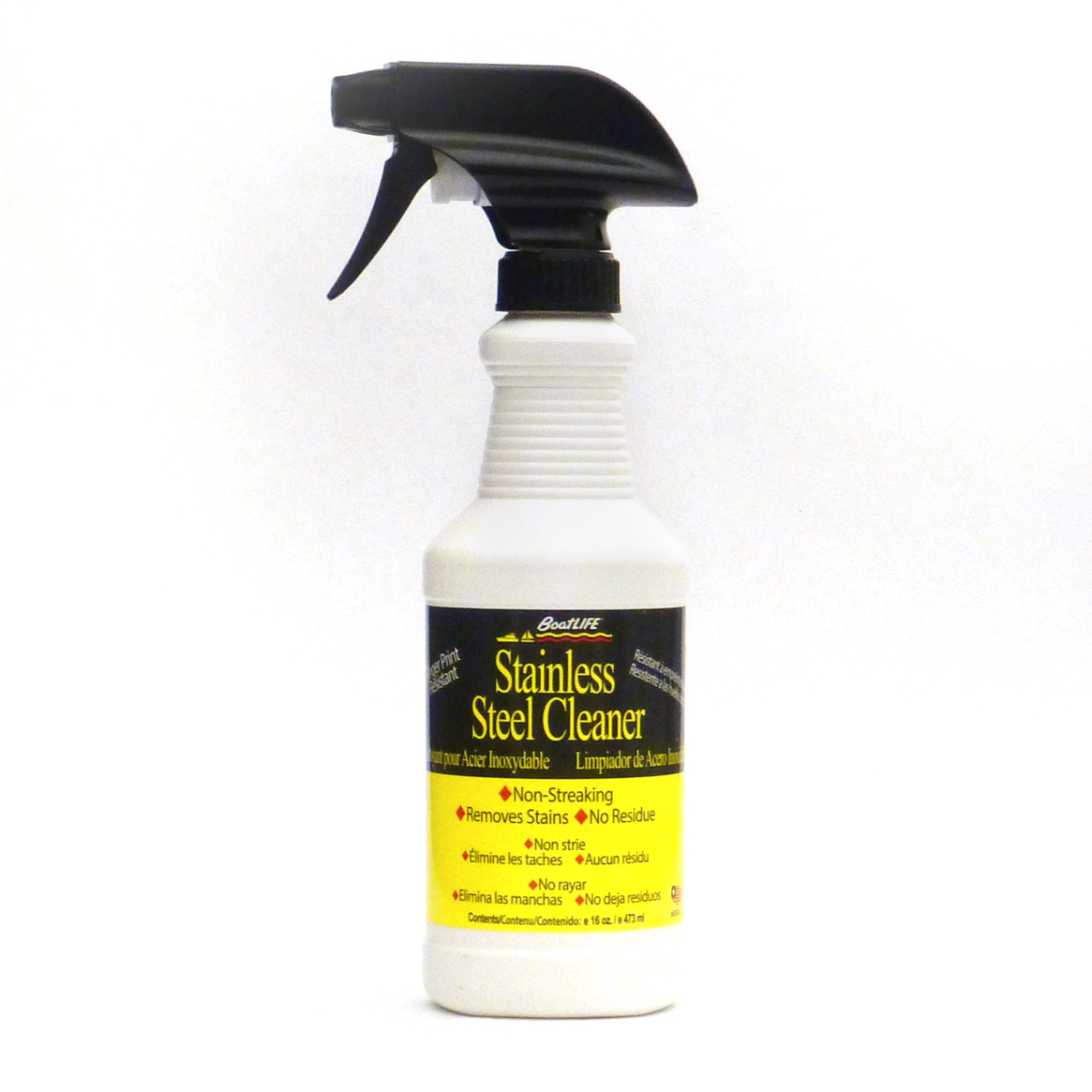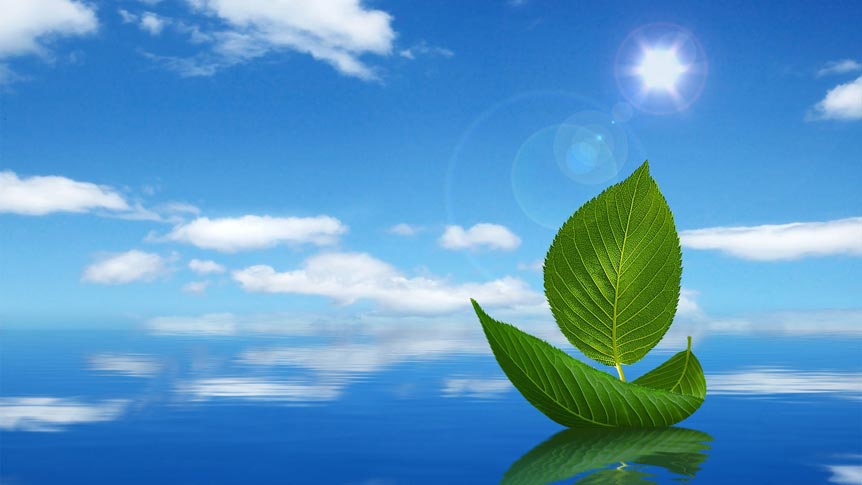
You love to boat, but you’re not the only one who needs the
water. A responsible boat owner isn’t just safe—they’re also
environmentally safe, ensuring that they
don’t contaminate the space around them. If you want to be a responsible boat
owner, you’ll want to know how to make clean and green boating a regular habit.
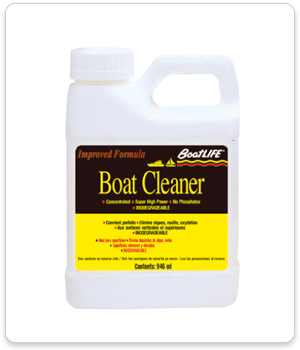
Eco-Friendly Boat
Cleaning
You need to start with a general cleaner for your all-around
boat cleaning purposes. Don’t settle for any ordinary soap or cleaning solution
here. When you pick up a
boat
cleaner
, check the label for the following:
- Biodegradable Formula
- Labelled “environmentally safe”
- Non-phosphate Formula
Phosphates in particular can be damaging to water supplies,
whether it applies to lakes or rivers. If the label doesn’t tell you that
you’re working with a non-phosphate cleaner, keep looking.
Opt for a “Green”
Bilge Cleaner
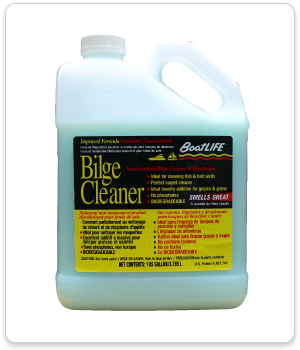
The water that collects in your boat needs to be protected
as well. Your boat bilge, in fact, may be considered the front line in the way
your boat interacts with the environment. In a bilge cleaner, then, you’ll want
the same properties listed above: a biodegradable, non-phosphate formula that
still does the necessary job of emulsifying and reducing oil and scum.
BoatLIFE’s Bilge Cleaner is fit
to use in your bilge and can also be applied to other areas of your boat:
carpets, fabrics, upholstery, etc. This gives you plenty of green flexibility
with zero guilt about your impact on the environment.
Keep Tabs on Your
Boating Equipment
When it comes to clean and green boating practices, it’s not
enough to clean your boat with the proper materials. You need to also ensure
that the boat itself is well taken care of.
- Engine:
Leaking fuel lines, oil, and other problems quickly seep into the environment
and undo all of your hard work in protecting the water. Regularly inspect your
engine for these leaks, especially with fuel lines and oil. Have it regularly
inspected to ensure everything is running smoothly. - Oil:
According to the EPA, oil from one boat can contaminate as many as a million
gallons of water. Taking care never to let any excess oil spill during an oil change
is essential to keep the water supply clean. - Bilge: Keeping
your bilge clean means using a proper cleaner, as explained above. It also
means regular inspections to ensure harmful materials aren’t making their way
into the water supply. - Batteries:
Keep your battery use and charging consistent by using the same type of battery
across your boat—and remember to disconnect it when the boat is not in use. At
the beginning of each boating season, inspect your battery for damage. - Fueling:
Properly check all fuel lines before fueling, and ensure that there are no open
flames or active electronics/engines when you fuel up. Absorbent material under
the fuel flow will protect the water supply from any spillover.
The more attentive you are to each part of your boat and
every process that includes potentially contaminating the water around you, the
better you’ll prevent any hazardous materials from entering the water supply.
Shop BoatLIFE
Cleaning and Maintenance Products
Stay vigilant. Keep shopping for dedicated boating products that
make a point of creating environmentally-friendly measures for cleaning and maintenance.
Over time, your vigilance will be rewarded with a clean boat, a cleaner
environment, and a better boating experience every time you head out on the
water.


